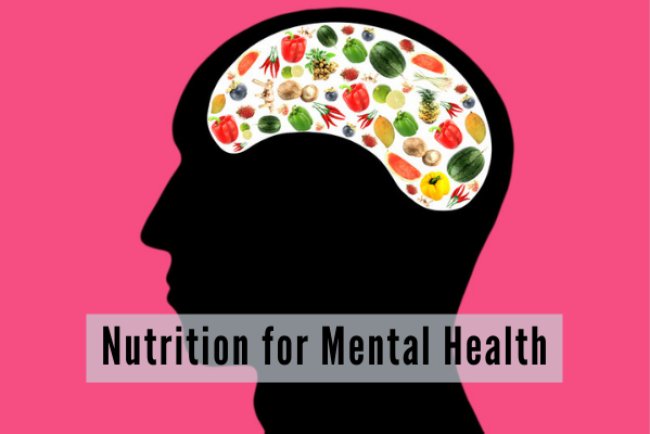The Value of Physical Activity in Preventing and Treating Alzheimer's
The importance of exercise in Alzheimer's prevention and management is just as important as the pharmacological treatments for the illness, which have received more attention in the past 10 years.

Alzheimer's disease is a degenerative neurological disorder that causes cognitive decline, memory loss, and a loss of independence in day-to-day activities. Investigating efficient management and preventative techniques is crucial given the aging population. Exercise is essential for preserving brain health and lowering the risk of Alzheimer's, according to research.
The Relationship Between Exercise and Preventing Alzheimer's
Regular physical activity is strongly associated with better cognitive performance, according to numerous research.
The Benefits of Exercise for Brain Health
The chance of getting Alzheimer's and other types of dementia can be considerably reduced by regularly exercising. Here are several ways that exercise improves brain health:
Improved Blood Circulation: Exercise helps the brain receive more oxygen and vital nutrients, which enhance cognitive function.
Encouragement of New Brain Cells: Exercise increases the synthesis of BDNF, a protein essential for the development and upkeep of brain cells.
Decrease in Inflammation: Exercise reduces inflammation in the brain and other parts of the body, which is connected to the development of Alzheimer's disease.
Exercise's Advantages for Alzheimer's Patients
Regular exercise has several advantages for those with Alzheimer's disease beyond prevention:
Cognitive Enhancement: Exercise can improve memory, focus, and problem-solving skills while slowing down cognitive deterioration.
Mood Improvement: Exercise improves emotional health by reducing the signs of anxiety and despair.
Improved Sleep Quality: Frequent movement helps improve sleep patterns and lessen agitation and restlessness at night.
Enhanced Strength and Mobility: Exercise promotes independence and lowers the risk of falls by maintaining muscle strength, balance, and coordination.
The Greatest Activities to Prevent and Manage Alzheimer's
Intense exercise is not necessary for its effectiveness. Improved brain health can result from a variety of activities, such as:
Aerobic Exercises: Exercises like cycling, swimming, and walking strengthen the heart, which in turn supports brain function.
Strength Training: Bodyweight workouts and weightlifting support the maintenance of physical function and muscular mass.
Exercises for Balance and Flexibility: Yoga and tai chi improve flexibility, balance, and coordination, which lowers the chance of falls.
Suggested Exercise Protocols
The following exercise routine is advised by experts:
150 minutes a week of moderate-intensity exercise or 75 minutes a week of vigorous-intensity exercise is considered aerobic exercise.
Strength training: To develop and preserve muscle strength, do at least two workouts per week.
Flexibility and Balance: Including yoga or stretching activities to promote stability and mobility.
Start with easy exercises, like taking a daily walk for thirty minutes, and progressively increase the duration and intensity to create a sustainable pattern.
Breaking Through Exercise Obstacles
Those with Alzheimer's disease and senior citizens may find it difficult to stick to a regular exercise schedule. Typical challenges consist of:
Physical Limitations: Exercise may be more challenging if you have movement problems, pain, or weakness.
Lack of Motivation: Regular engagement may be hampered by memory problems and indifference.
Fear of Injury: There may be hesitancy due to worries about falls or deteriorating health.
Techniques for Achievement
To get past these obstacles:
Locate Pleasurable Activities: Select workouts that the person enjoys and finds interesting.
Encourage Family and Caregiver Involvement: Motivation and adherence are improved when loved ones provide support.
Speak with Medical Professionals: To create a safe and efficient fitness program, consult a doctor, physical therapist, or trainer.
We are Available to Help You
It is not necessary to face Alzheimer's alone. For a healthier, more satisfying future, our committed caregivers and medical experts are here to assist you or your loved one in incorporating exercise into daily life.
Start down the path to better wellbeing. Set up a free consultation with one of our skilled medical specialists right now to start your path to improved mental health and general well-being.
What's Your Reaction?




















